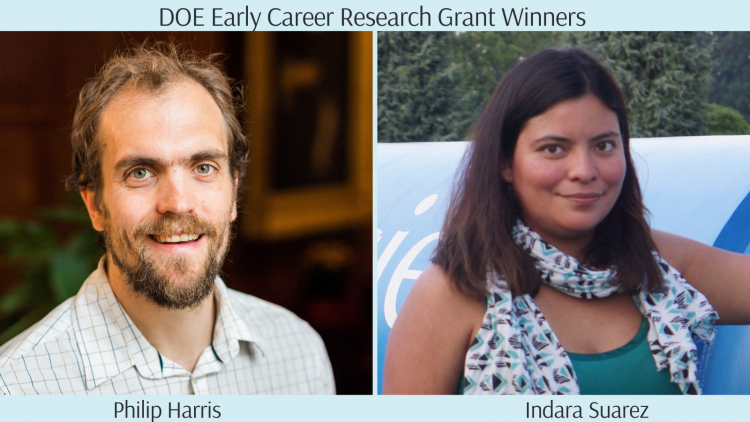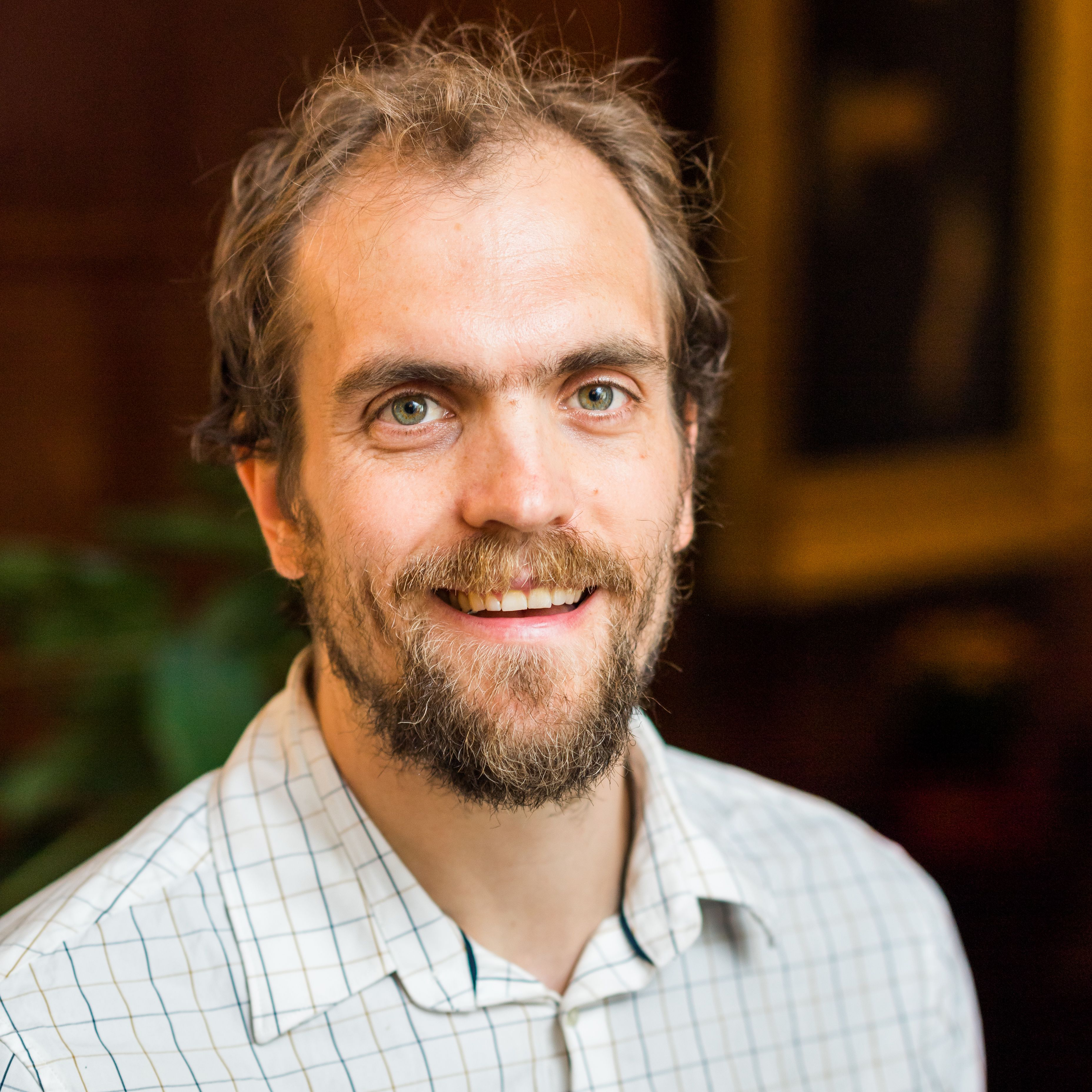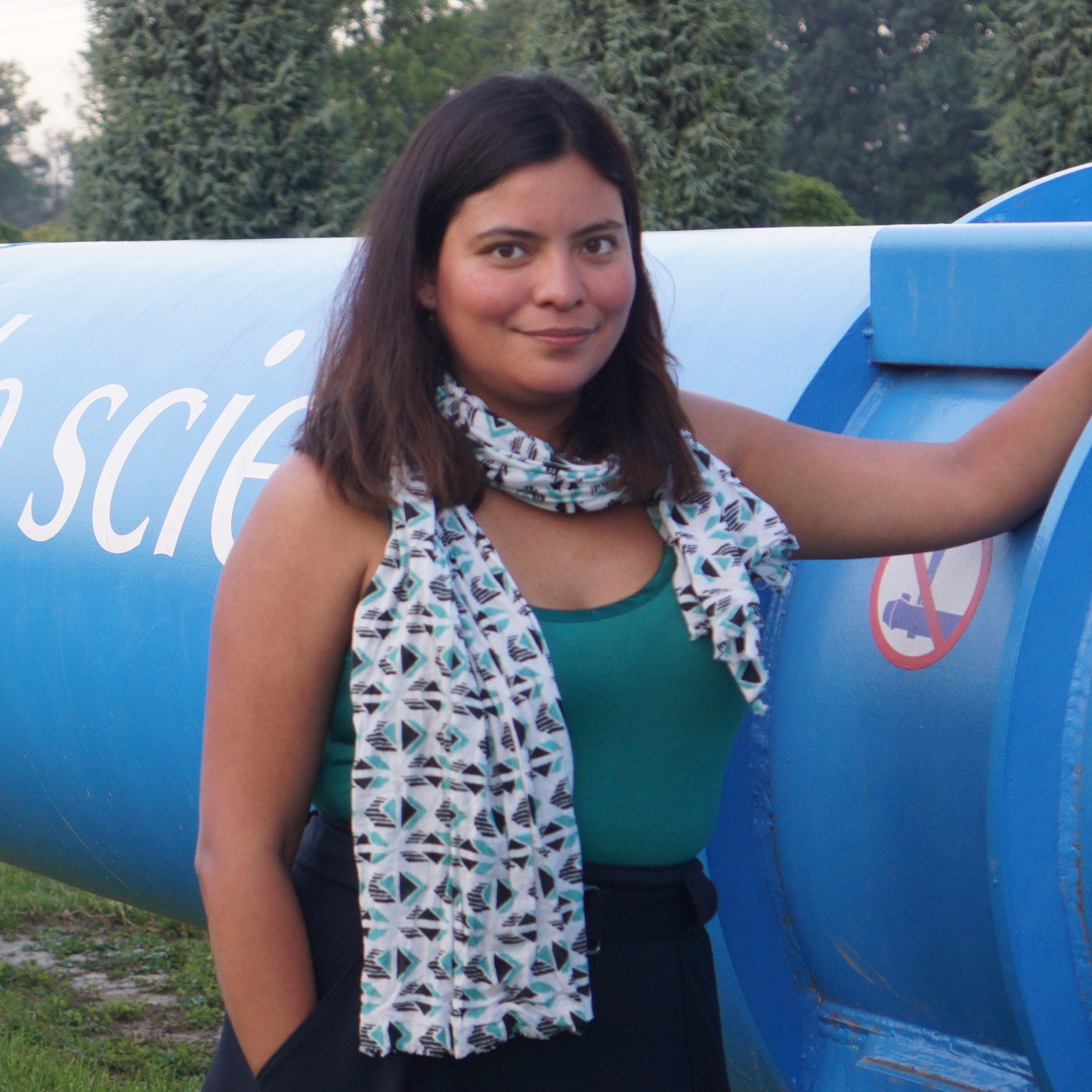
CMS members Phil Harris and Indara Suarez have been awarded with the US Department of Energy (DOE) Early-Career Researcher Grant!
The DOE Early CareerResearch Program is designed to help the scientific workforce by providing support to exceptional researchers during the early years of their careers as this is when scientists do their most progressive work.
This year the US Department of Energy has awarded 83 scientists for a broad range of research topics from advanced scientific computing research, basic and fusion energy sciences, biological and environmental research as well as nuclear and high energy physics.

Philip Harris, Massachusetts Institute of Technology.
Title: Harnessing the Large Hadron Collider with New Insights in Real-Time Data Processing and Artificial Intelligence
With increased luminosity at the LHC, additional rare and hidden processes within the Standard Model (SM) of particle physics, and potentially beyond the SM, are expected to emerge as more data is accumulated. This research focuses on a robust physics program to measure these smaller and inconspicuous processes by applying a new measurement technique to identify light resonances that decay into quarks. In conjunction with advanced Artificial Intelligence (AI) algorithms, this new technique can open up a wealth of unique measurements and searches, including precision measurement of the Higgs boson and new constraints on dark matter production. Furthermore, this research will upgrade the current real-time data acquisition system for the CMS detector to provide enhanced capabilities that will enable AI-based real-time analyses of LHC collisions. The fully developed state-of-the-art system will empower new measurements of the Higgs boson, new searches for dark matter, and analyses of a multitude of unexplored scientific phenomena.

Indara Suarez, Boston University.
Title: Discovery in the 4th Dimension: Shining Light on the Dark Sector
A hidden “dark sector” of particles that interacts very weakly with the Standard Model (SM) may be key to understanding the characteristics of the Higgs boson and the nature of dark matter. Many theoretical scenarios of physics beyond the SM predict these dark sector particles to be light and long-lived. This research program plans to utilize the data collected by the CMS experiment to search for long-lived particles by exploiting the capabilities of sensitive muon detectors and using AI to develop novel computational tools and methods to advance the studies. Such searches will be complemented by developing next-generation electronics for a new CMS precision timing detector capable of ultra-fast timing information to measure the trajectories of charged particles. Ultimately, the proposed program will enhance the physics capabilities during the future high-luminosity era of the LHC and will be crucial in the detection of delayed signals from long-lived particles that can shed light on the dark sector.

